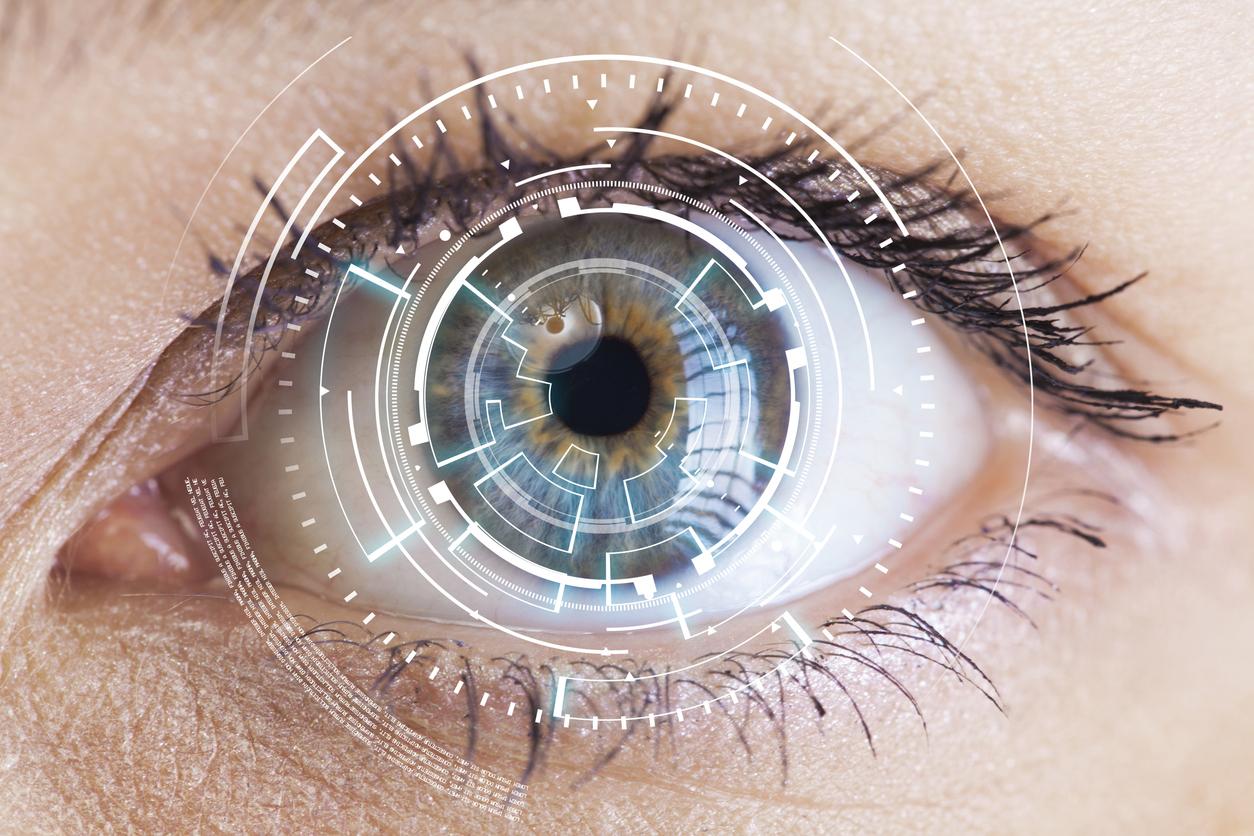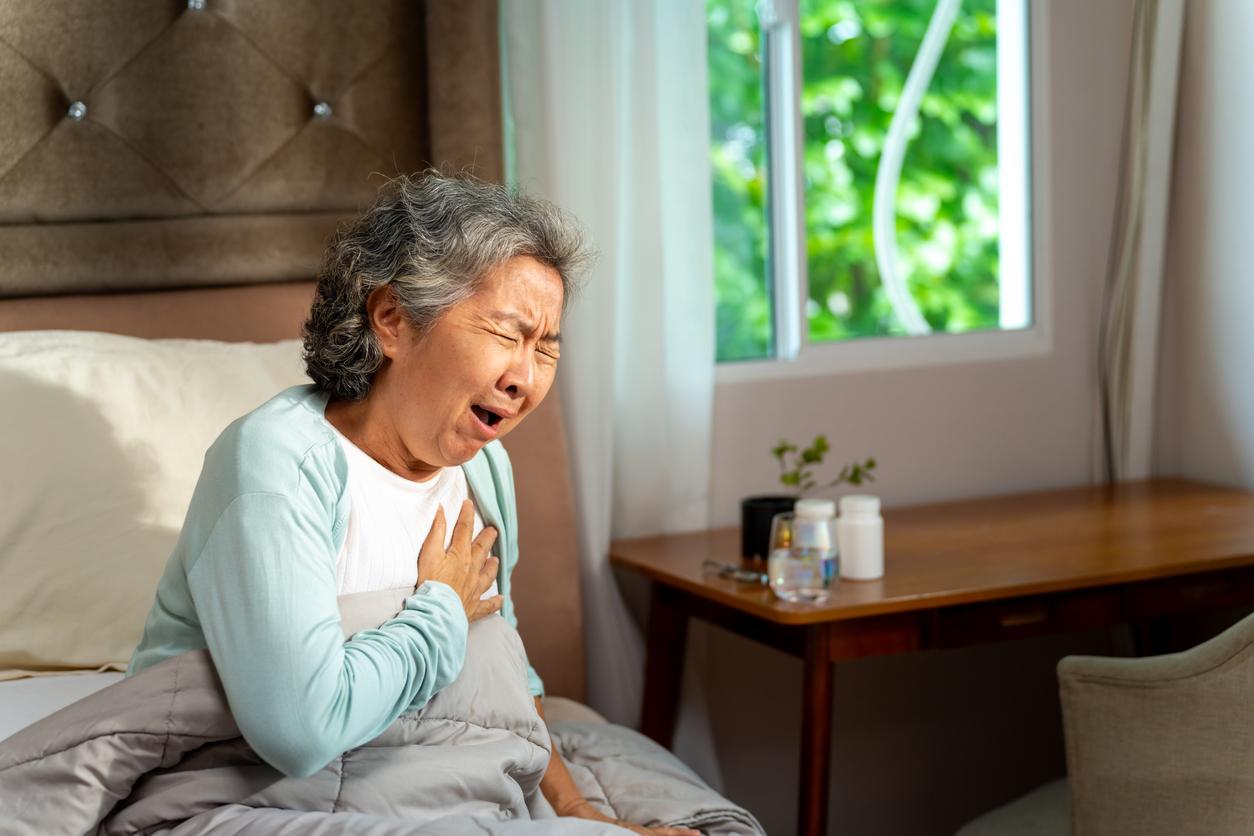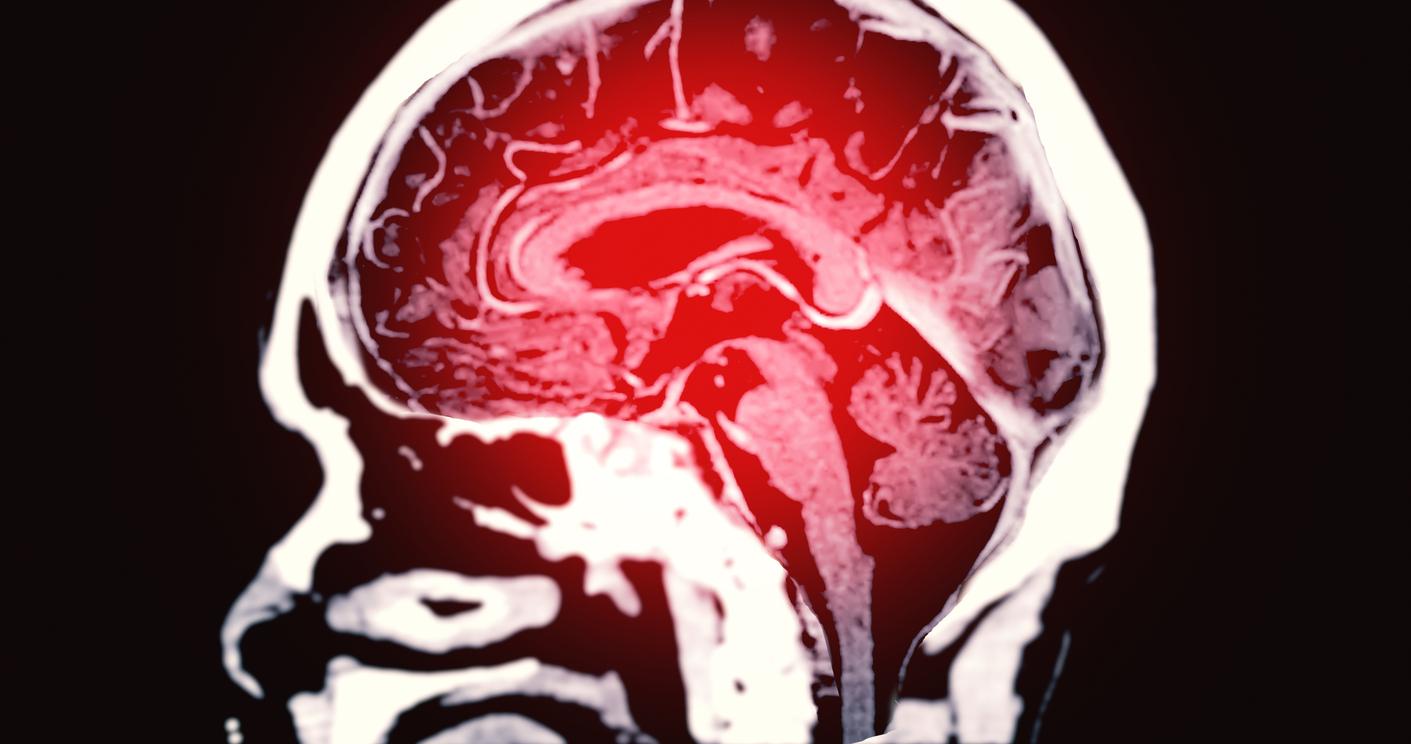“Go to bed, it will be better tomorrow”. On October 4, 2010 at around 10 p.m., Valérie Roux called the Nantes University Hospital, worried about the “tingling” she felt and the difficulty she had in expressing herself. On the phone, the regulator does not seem to take her call for help seriously, even going so far as to think that she is drunk. After advising her to go to sleep, he hangs up on her.
Valérie Roux, aged 41 at the time, has been a nurse for twenty years and quickly understands that her symptoms are those of a stroke (Stroke). Unable to move, she crawls to the doormat of her neighbors on the landing, and bangs her head against the door, so that someone can hear her and come and rescue her. The medical experts in charge of the legal case will subsequently reveal that “these repeated head trauma may have played a deleterious role in the development of the stroke”.
The CHU must pay 350,000 euros in damages and interest to the victim who has retained serious consequences of his stroke taken care of one hour after his call to the Samu.
18 months of rehabilitation
The victim, now 48 years old, had to spend 18 months in rehabilitation in a specialized center and must undergo lifelong treatment. Heavily disabled, she also has to go to a physiotherapist once a week and needs assistance at home.
According to the Nantes administrative court: “A correctly carried out questioning would have made it possible to suspect the neurological problem and would have avoided the error concerning the time of onset of symptoms”. Nantes judges estimate that “30% of the consequences of stroke are directly attributable to the” fault “of the Samu”. They added that “the remarks made were completely devoid of humanity”.
In addition to the 350,000 euros in damages and interest to the victim, the Nantes University Hospital must pay around 65,000 euros owed to the Primary Health Insurance Fund (CPAM) for the medical costs incurred for the patient.
Read also :
Stroke: quitting smoking reduces your risk
Stroke: the signs that should alert
Stroke: We treat them better and better
















